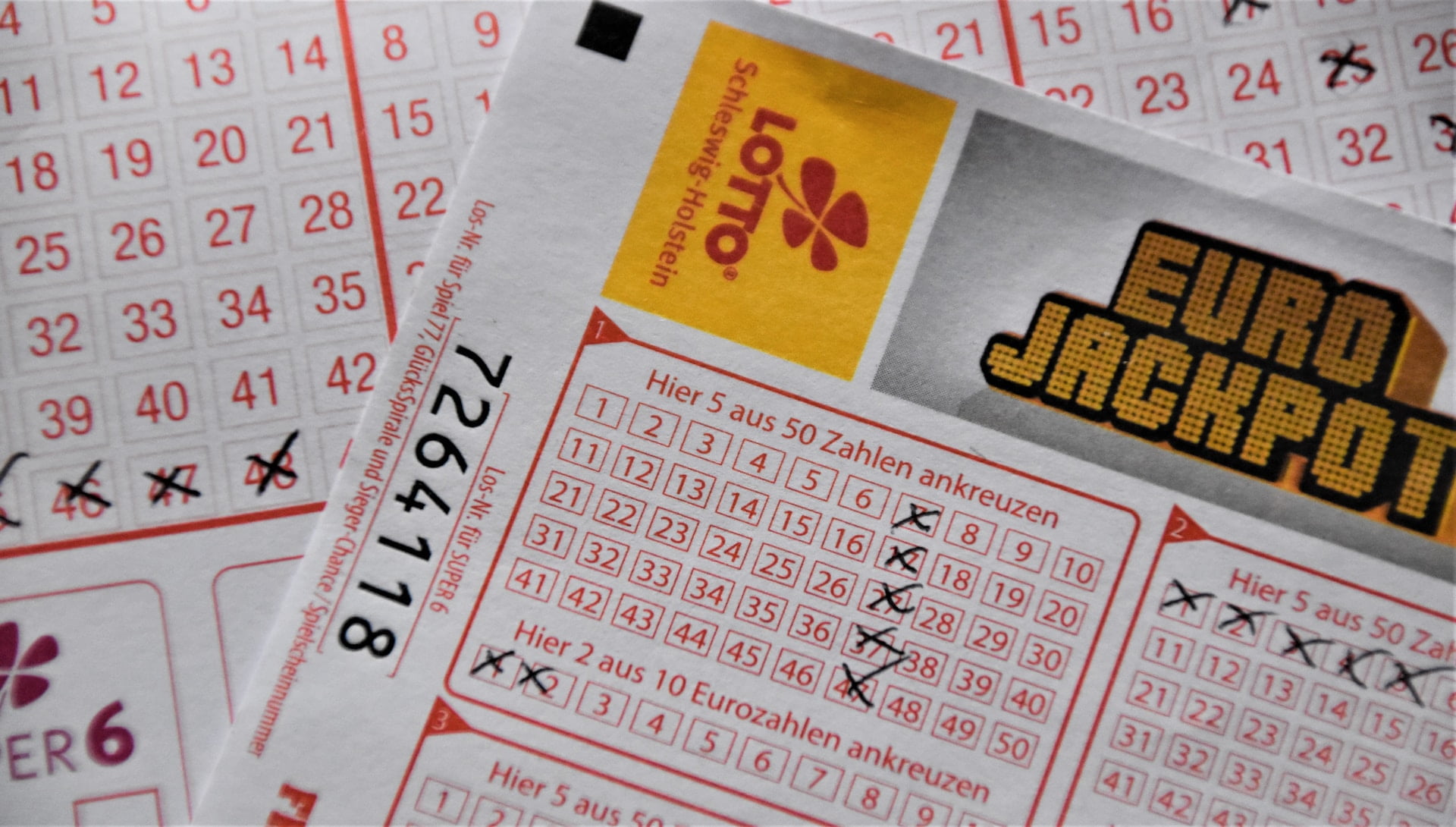Hey there, language learners! Have you ever had a go at gambling? Whether online or in-person, the thrill of taking risks and potentially winning big is an exciting rush many people enjoy.
But did you know incorporating gambling elements into your language learning can help you succeed more tremendously? That’s right – leveraging critical principles from the gambling world can create a winning formula for mastering new languages.
In this article, we’ll explore how certain aspects of gambling, like rewards systems and risk-taking, can be applied to language learning to boost motivation and improve retention. From gamifying vocabulary quizzes to setting goals with tangible incentives, we’ll delve into practical strategies to make your language journey more fun and effective.
So let’s roll the dice (metaphorically speaking) and discover how adding a little bit of chance can lead to big wins when learning new languages!
Table of Contents
Rewards Systems: The Key To Motivation
Are you struggling to find motivation in your language-learning journey? Don’t worry; you’re not alone. Learning a new language can be daunting and overwhelming at times, but incorporating rewards systems into your routine can make all the difference.
Personalizing rewards based on what motivates you individually is critical. Maybe it’s treating yourself to a favorite snack or taking a break to watch an episode of your favorite show in the target language after completing a challenging task. Whatever it may be, rewarding yourself for progress will keep you motivated and eager to continue learning.
Tracking progress is another essential component of any successful rewards system. Not only does monitoring your progress give you a sense of accomplishment, but it also allows you to see where improvements need to be made.
Keep track of vocabulary learned, grammar concepts mastered, and even fluency levels achieved over time. Seeing tangible evidence of progress will motivate you further and provide insight into areas requiring more attention.
So let’s start personalizing those rewards and tracking our progress toward language mastery!
As we delve deeper into our language learning journey with these reward systems in place, we must remember the importance of taking risks outside our comfort zone.
It’s easy to stick to what we know and feel comfortable with when practicing our skills, but actual growth comes from stepping out of that zone and trying new things – even if they seem scary at first glance.
Let’s explore how embracing risks can lead us toward fluency in the next section.
Taking Risks: Stepping Outside Your Comfort Zone
Exploring new cultures can be an exciting way to step outside your comfort zone and take a risk.
Overcoming the fear of making mistakes is essential to improving your language skills and reaching the jackpot of language learning.
Exploring New Cultures
Have you ever heard the phrase, ‘When in Rome, do as the Romans do’? Well, this saying couldn’t be more relevant when learning a new language and culture.
Trying new foods and attending cultural events are just some ways to immerse yourself in a different way of life fully.
Learning about history and traditions can deepen your understanding of a country’s customs and beliefs.
It may feel uncomfortable initially, but stepping outside your comfort zone is essential for growth and development in any area of life — including language learning.
So why not take a risk and explore new cultures?
Who knows what incredible experiences await you!
Overcoming Fear Of Mistakes
Are you afraid of making mistakes when learning a new language? It’s normal to feel this way but it can also be a significant obstacle in your language-learning journey.
Embracing imperfection is critical to overcoming the fear of mistakes. Remember that everyone makes mistakes, even native speakers! The important thing is to learn from them and keep moving forward.
Cultivating confidence in yourself and your abilities can help alleviate anxiety around making mistakes. Practice speaking with others who are also learning the language or find a tutor who can provide constructive feedback. Don’t be afraid to ask questions or seek clarification when you don’t understand something.
Taking risks and stepping outside your comfort zone is essential for growth in any area of life — including language learning. So why not embrace imperfection and cultivate confidence as you continue on your journey toward fluency? Who knows what incredible experiences await you!
Gamifying Vocabulary Quizzes
One of the most effective ways to learn a new language is through vocabulary acquisition. However, memorizing hundreds or thousands of words can be daunting and tedious for many learners. This is where gamification comes in — adding game elements to vocabulary quizzes can make the learning experience more engaging, motivating, and rewarding.
Interactive feedback is a critical feature of gamified vocabulary quizzes. Instead of simply presenting a list of words and their translations, learners should receive immediate feedback on whether they answered correctly. More than that, they should also get explanations about why an answer was right or wrong, as well as context examples that illustrate how the word is used in real-life situations. Additionally, adaptive difficulty ensures that learners are challenged just enough to keep them interested without overwhelming them with too much information at once. The quiz adapts to their knowledge level and adjusts its questions accordingly.
Three benefits of interactive feedback and adaptive difficulty:
- Learners feel more confident when they see progress in their performance.
- They stay motivated because they are constantly challenged but not discouraged.
- They retain new knowledge better because it is presented in context and reinforced through repetition.
Competition among learners is another powerful motivator for language learning. Group challenges encourage collaboration and peer support while creating a sense of accountability and healthy competition within the community. By setting goals and tracking each other’s progress, learners can push themselves further than they would alone.
In transitioning into the next section about setting goals with tangible incentives:
As we’ve seen, gamification offers multiple benefits for language learners who want to improve their vocabulary skills. But what if we could take this concept even further? What if we could set specific goals with tangible rewards that motivate us to achieve them? Let’s explore this idea in depth…
Setting Goals With Tangible Incentives
You have decided to begin the language learning journey, but where do you begin? The first step is setting goals with tangible incentives. This technique helps track your progress and celebrate milestones along the way.
One effective method for tracking progress is using a language learning app that records the number of words or phrases learned daily. Not only does this provide a sense of accomplishment as you reach daily targets, but it also shows how far you have come since starting your language-learning journey.
Celebrating milestones can be just as important as tracking progress. For example, once you have reached 500 new vocabulary words learned in your target language, treat yourself to a special meal at a restaurant that serves authentic cuisine from that country. These rewards help keep motivation high and make the learning process more enjoyable.
As we’ve seen, setting goals with tangible incentives is essential to achieving success in language learning. By tracking progress and celebrating milestones, learners can stay motivated and engaged throughout their language-learning journey. In the next section, we will explore how principles from the gambling world can be applied further to enhance our understanding and retention of new languages.
Applying Principles From The World Of Gambling To Language Learning
In language learning, as in gambling, probability plays a significant role. Just like gamblers wager on the likelihood of an event happening, learners can apply this principle by setting up probability-based challenges for themselves.
For example, they could use flashcards to study vocabulary and assign each card a point value based on its difficulty level. Then, they could shuffle the deck and draw cards randomly until they reached a predetermined score or several points. This creates excitement and unpredictability that keeps the learner engaged while reinforcing their understanding of the material.
Reinforcing learning through repetition and consistency is another fundamental principle that translates well from gambling to language learning. In both cases, success comes from luck, practice, and dedication over time.
For instance, learners can set aside a designated amount of time each day to review what they’ve learned or create a schedule for gradually increasing the complexity of the tasks they tackle. By building repetition into their routine and steadily increasing their exposure to new concepts or words, learners will be more likely to see long-term improvement in their proficiency levels.
Other principles that can be applied include increasing task complexity to reinforce understanding, creating engaging opportunities for reinforcement through probability-based challenges, and regular feedback and evaluation to track progress and identify areas for improvement.
Frequently Asked Questions
What Are The Most Effective Rewards Systems To Use In Language Learning?
Looking for the most effective reward systems to use in language learning? Look no further than reinforcement strategies and motivational rewards. These two techniques are vital to keeping learners engaged, motivated, and on track toward their language goals.
Whether you’re teaching a class or working with individual students, it’s essential to create a system of rewards that will encourage them to keep pushing themselves and striving for excellence. From simple incentives like stickers or certificates of achievement to more complex reward structures like gamification or competition-based models, there are countless ways to motivate your students and help them succeed.
So if you want to take your language teaching game to the next level, start incorporating these powerful tools into your lesson plans today!
How Can Take Risks In Language Learning Lead To Greater Success?
Taking risks in language learning can lead to tremendous success by embracing failure and immersing oneself in the language.
As a language learner, it’s easy to get caught up in the idea of perfection and avoid mistakes at all costs. However, this mindset ultimately hinders progress and prevents learners from genuinely connecting with the language they are trying to learn.
By taking risks, such as speaking with native speakers or attempting more challenging exercises, learners can push past their comfort zones and improve their language skills.
The benefits of immersion cannot be overstated either; surrounding oneself with the target language through music, movies, or even traveling to a country where it is spoken can significantly accelerate learning.
Don’t be afraid to take chances — sometimes, making mistakes along the way is necessary for proper growth in language acquisition.
What Specific Gamification Techniques Can Be Applied To Vocabulary Quizzes?
Like a chef creating the perfect recipe, language learners can spice up their vocabulary quizzes with specific gamification techniques.
Interactive feedback and personalized challenges are vital ingredients to keep learners engaged, motivated, and invested in their progress.
By incorporating elements of competition, rewards, and even storytelling into their quiz format, students can be more likely to retain information through active participation rather than passive memorization.
As a content creator/writer specializing in language learning, it’s essential to understand how these techniques can enhance the learning experience for our audience, who have an innate desire to understand the world around them.
What Are Some Examples Of Tangible Incentives That Can Be Used To Motivate Language Learners?
Looking for ways to motivate language learners?
Interactive games and personalized feedback can go a long way in keeping students engaged. But sometimes, tangible incentives are needed to keep them going when they hit a rough patch or lose motivation.
Examples include reward systems, such as points-based scoring, badges for achievements, and even small prizes like stickers or candy. These may seem trivial, but research shows that they can be powerful motivators when used effectively.
So if you’re looking for ways to encourage your language learners, consider incorporating some of these incentivized approaches into your teaching strategies!
How Can Principles From The World Of Gambling Be Adapted To Suit The Needs Of Language Learners?
Gamification techniques have been proven effective in incentivizing language learners’ progress. By creating immersive environments incorporating chance elements, learners are more engaged and motivated to continue their studies.
Principles from the gambling world can be adapted to suit the needs of language learners, such as using leveling-up systems or offering rewards for completing specific tasks. These methods create a sense of achievement and encourage learners to keep going.
Incorporating elements of chance, like randomized quizzes or role-playing activities, also adds an exciting aspect to learning that keeps learners interested and invested in their progress.
Overall, incorporating gamification techniques into language learning is a winning formula for success.
Conclusion
As language learners, we often strive to avoid risk and failure. However, taking calculated risks in our learning journey can lead to tremendous success.
By incorporating gamification techniques such as point systems, leaderboards, and tangible incentives like certificates or badges, we can create a more engaging and rewarding learning experience.
But let’s not forget the irony — here we are using principles from the gambling world to improve our academic pursuits. Perhaps this is proof that sometimes the most unexpected sources can provide us with winning formulas.
So go ahead and roll the dice (or spin the wheel) in your language-learning endeavors — who knows what jackpot you might hit?




